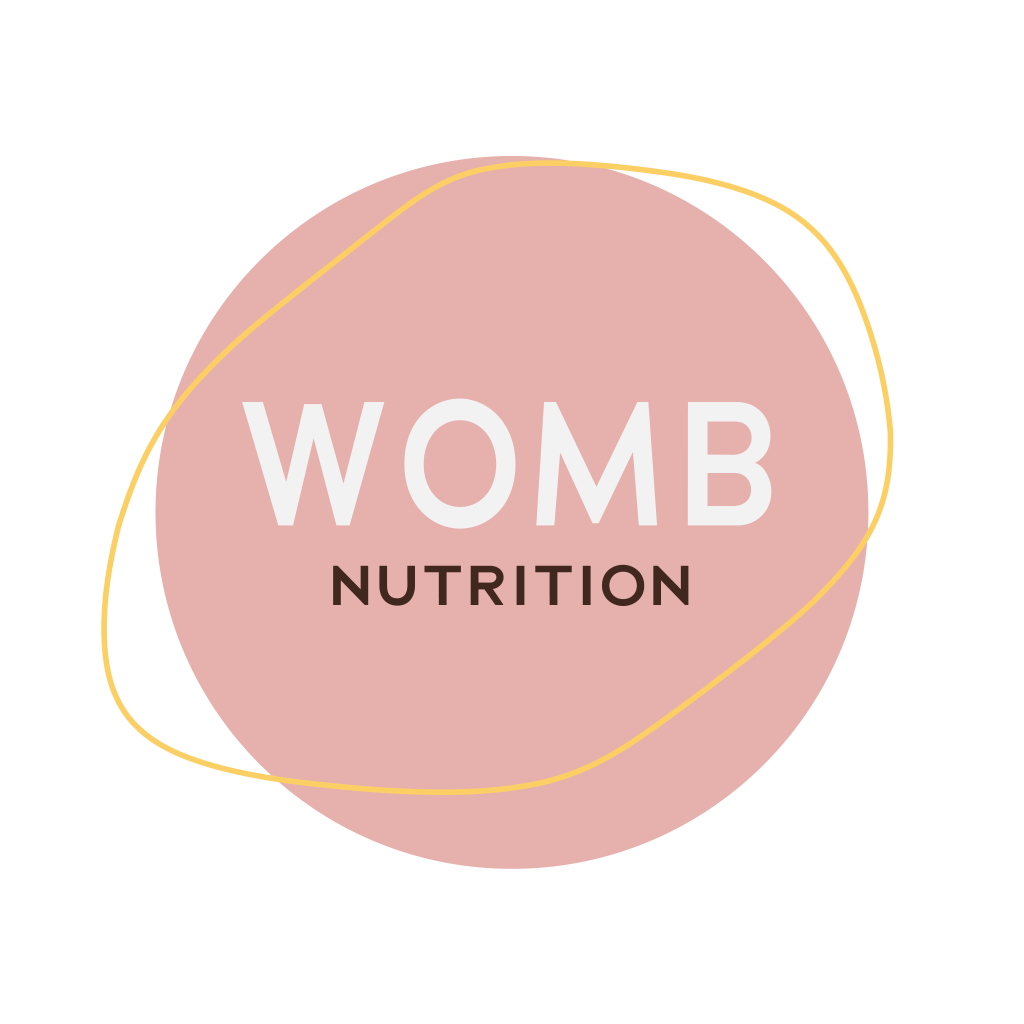Group B Streptococcus (GBS) is a type of bacterial infection that can be present in a woman’s vagina, rectum, and intestines. This pathogen, called Streptococcus agalactiae, is actually quite a common coloniser of the genital and gastrointestinal tracts. GBS is transient and a woman who tests positive at a certain time can test negative at other times and vice versa.
Colonisation with GBS has an incidence of 10-30% during pregnancy, hence this blog post. According to the World Health Organization, each year nearly 20 million pregnant women carry GBS. While this doesn’t pose a risk to the mother, it can be extremely serious when it passes to babies during pregnancy, childbirth or in the early weeks of life.
For nearly two decades, July has been recognized as the International Group B Strep Awareness Month. This means that, during this month, more focus goes into raising awareness when it comes to GBS infection in women. But, while browsing through the official website, I realised there’s not much information on GBS prevention.
Personally, I find the way the medical system tackles GBS during pregnancy to be extremely disappointing. The default option is to treat the infection with antibiotics after it happens, instead of (also) focusing on prevention by supporting and educating women in advance on how to reduce their risk.
Antibiotics will eradicate GBS, but it will also destroy the beneficial bacteria in the mother’s gut, bacteria that are so important for the development of the infant gut microbiome at birth.
If a mother is GBS-positive the risk her infant will develop GBS:
- Is 1-2%, when the mother is not treated with antibiotics during labour.
- Is 0.2%, when the mother is treated with antibiotics during labour.
It’s definitely not my intention to question or deny the importance of GBS screening and of antibiotic treatment during pregnancy (administered when needed). While it’s not dangerous for the mother, babies can develop life-threatening illnesses, such as sepsis, pneumonia, or meningitis. But the lack of information when it comes to GBS prevention is something that the medical system is barely addressing.
GBS testing is routinely performed at 35-37 weeks, a period so close to the due date that there is little to no time to reverse that result. Although studies do show that a GBS-positive result can be successfully reversed in only a few weeks if the mother’s immune system and microbiome are properly supported.
So here’s what you can do starting with your third semester in order to nourish your microbiome and to reduce the likelihood of GBS colonisation:
- Reduce processed sugar as it’s one of the main things that encourage the growth of pathogenic bacteria and it also compromises your immunity. I am not only talking about refined sugar and high-sugar foods like tropical fruits, but also white flour and other processed grain products.
- Eat fermented foods on a daily basis. These will provide a natural source of beneficial bacteria and will also up your meal’s nutritional value. Traditionally fermented pickles (not the ones in vinegar), sauerkraut, kimchi, any fermented vegetable or fruit, plain organic yoghurt (there are also vegan options) and kefir, if dairy is well tolerated.
- Take high-potency probiotics with strains of bacteria specific to the vagina. Two strains that have been proven efficient and have solid clinical data supporting them are Lactobacillus rhamnosus and Lactobacillus reuteri.
- Consume raw apple cider vinegar before meals, as it contains organic acetic acid, which inhibits the growth of bacteria. Recommended dose is 1⁄2 teaspoon.
- Consume coconut oil for its antibacterial and antiviral properties. Recommended dose is up to 2+ tbsp a day, start small and increase the amount. You can include coconut oil in your smoothies if that makes it easier – this will boost the fat content to make it more satiable and to help the absorption of those fat-soluble vitamins you’ll be adding via fruits.
- Use 100% cotton underwear. Synthetic fabrics hold moisture close to the skin, encouraging the growth of bacteria.

In addition, including whole-foods nourishing foods in your diet, focusing on good quality sleep and reducing stress levels will all support your immune system fight the GBS bacteria.
If you’ve been tested positive for GBS before or early pregnancy and are looking to reverse the colonisation, we can work together and design an elimination protocol to reduce the risk of positive results later in pregnancy.
Stay healthy,
Corina
